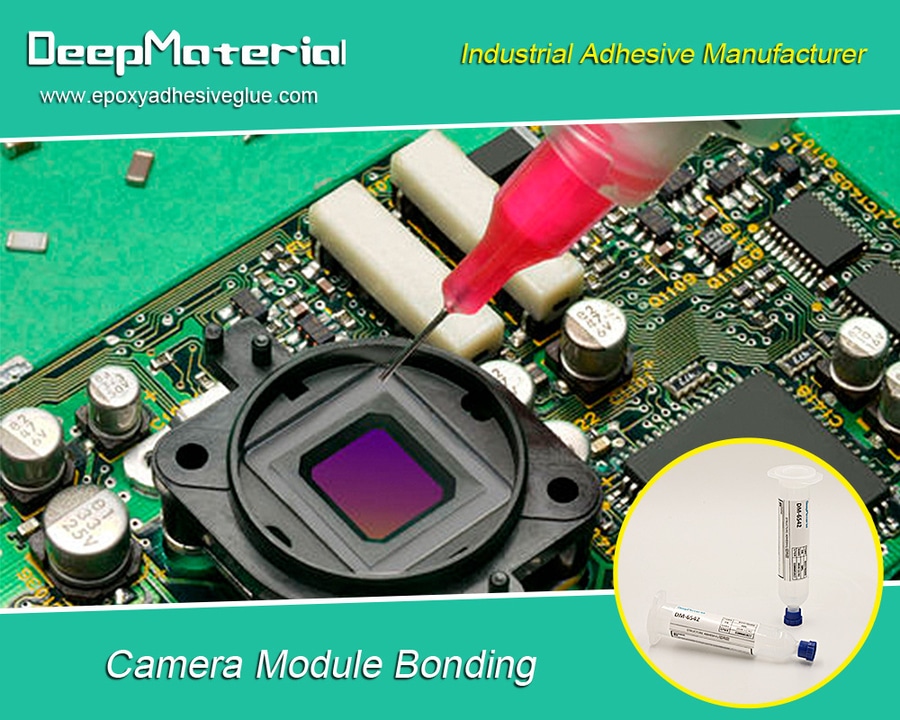
#Industry News
What is epoxy conformal coating for electronics?
Best Epoxy Conformal Coating For Electronics Manufacturer
Conformal coatings can be defined as polymeric materials which are applied to substrates as film barriers. The films protect electronics from hazardous environmental elements like humidity, corrosion, liquids, and chemicals. The most popular conformal coatings are silicone, urethane, acrylic, parylene, and epoxy.
Epoxy is a coating material popular where abrasion and chemical resistances are crucial. The coating is a protective layer offering excellent barrier properties against moisture and thermal, electrical, and mechanical damage. Epoxy coating attributes are:
• High rigidity
• Superior dielectric strength
• Robust protection layer making it difficult to remove
• Excellent abrasion and chemical resistance
Where is the Epoxy coating applied?
Epoxy conformal coatings are highly resistant to abrasion and are tough, thus making them suitable for harsh environments like the military, marine, automotive, and aerospace industries. There are different epoxy types, which come with varying properties and benefits. For instance, PCBs that give off heat should be protected using thermally conductive epoxies. Epoxies, which are flame retardant, on the other hand, are suitable for protecting against fire hazards, whereas clear epoxies are great, keeping visualization of the circuit boards as needed.
What does it protect against?
Epoxy coatings offer high resistance levels against acids, alkalis, moisture, chemicals, and organic solvents. They are most popular because of their excellent adhesion in substrates without using primers to retain the adhesion needed under various conditions. The reliable electrical characteristics also protect the coating even when humidity levels are high and in areas with elevated temperatures.
How is the application process?
Epoxies are easy to apply using dipping, spray, or brushing techniques. With the dipping method, the protective coating component is immersed into a coating material tank. The immersion and removal need to be precise to achieve an even layer. In the brushing method, the operator uses a manual brush to target specific areas or the entire board. On the other hand, the spraying application method can be manual or automated depending on the production needs. The epoxy materials can be a two-part compound that cures easily or a single compound that requires curing by heat or UV exposure.
Why epoxy for electronic devices?
When determining coating materials suitable for your PCBs, you should weigh the properties of each conformal coating option. Besides ensuring that the coating type you choose meets your requirement, you should also consider scalability, cleaning, masking, inspection, and reworking possibilities. It also helps to be aware of the possible defects and how to avoid or address them.
Epoxy coating has all the properties any electronic device could need in terms of protection. The material has strong barrier properties, is low in cost, and is very easy to apply. It will offer protection to the devices without interfering with their functionality. Even with a few challenges like shrinkage, it is still a good conformal coating, especially with the right processing.
If you are unfamiliar with epoxies, using conformal coating services can make all the difference in the results you get. Professional applicators with experience and expertise in the coating will know the best ways to handle the layer; they can even offer advice on what coating materials are best for your assembly needs.
For more about what is epoxy conformal coating for electronics,you can pay a visit to DeepMaterial at https://www.epoxyadhesiveglue.com/what-is-epoxy-conformal-coating-and-why-do-i-need-it/ for more info.





